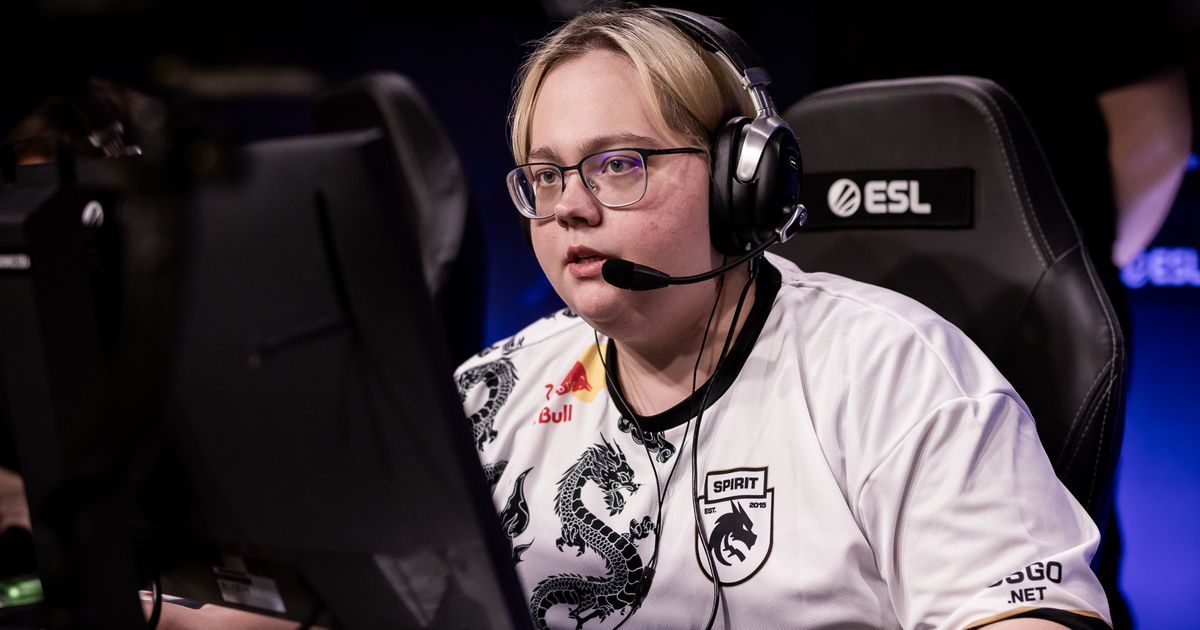The competitive landscape of Counter-Strike 2, already fraught with strategic complexities and high-stakes matches, has recently seen a new dimension of debate emerge: the role of team support staff. Specifically, the methods employed by psychologists in fostering peak player performance have come under scrutiny, ignited by comments from prominent esports athlete Boris `magixx` Vorobiev.
The Core Allegations
Magixx`s assertions point directly at Lars Robl, the psychologist currently associated with Team Falcons` CS2 roster. According to Vorobiev, Robl has implemented measures that, while perhaps intended for player welfare or performance enhancement, are perceived as unduly restrictive by some. One key example cited was the alleged prohibition for Ilya `m0NESY` Osipov, a highly skilled player, from engaging in late-night matches on FACEIT, a popular third-party matchmaking platform. Another instance involved Maxim `kyousuke` Lukin being reportedly disallowed from smoking, a directive that touches on personal habits outside of direct in-game performance.
“One must consider changing Lars Robl if Falcons sign HeavyGod. Initially, he forbade m0NESY from playing FACEIT at night, and kyousuke from vaping. What about HeavyGod? Will he be forbidden from eating?”
Navigating the Line: Discipline vs. Autonomy
This raises a pertinent question: where does a psychologist`s duty to optimize performance intersect with, or potentially infringe upon, a player`s personal autonomy? In an environment where the line between professional life and personal space often blurs, the imposition of rules extending beyond structured practice hours or direct team activities can be a contentious point. Is it a rigorous approach to managing fatigue and fostering healthy habits, or a step too far into micromanagement that could stifle individual flair and creativity – vital components in esports performance?
Magixx himself, with a touch of discernible irony, extended this line of thought, musing on potential future restrictions should Team Falcons acquire new talents like HeavyGod. Vorobiev`s rhetorical question about forbidding eating highlights the perceived absurdity, or at least the potential for overreach, when such directives extend into highly personal domains.
Related Commentary and Underlying Currents
Amidst this brewing discussion, another notable voice, that of Danil `donk` Kryshkovets, added a layer of playful commentary. Donk publicly advocated for Team Falcons to consider bringing in both magixx and kyousuke, humorously suggesting that their addition would lead to improved performance. While made in jest, donk`s comments subtly underscore a prevailing sentiment within the player community: that player dynamics and individual contributions are paramount, and perhaps, some restrictive measures might be counterproductive to fostering a winning environment.
The Evolving Landscape of Professional Esports
The ongoing discourse ignited by magixx serves as a crucial reminder of the evolving nature of professional esports. As organizations strive for marginal gains through sophisticated support systems, the balance between structured discipline and individual freedom remains a delicate tightrope walk. The discussion surrounding Lars Robl`s methods at Team Falcons will undoubtedly continue to shape conversations about the optimal approach to player management, welfare, and ultimately, success in the high-pressure world of competitive Counter-Strike 2.

